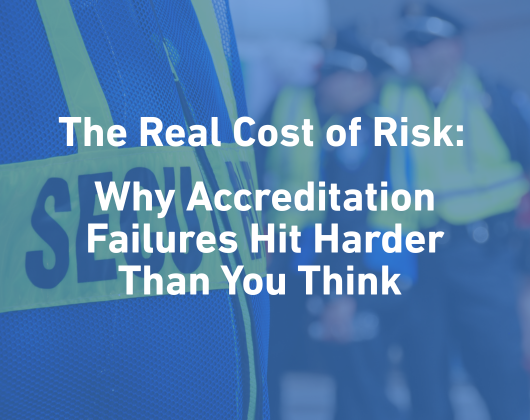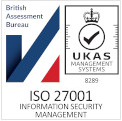Protect Duty is here to help us keep venues of all shapes and sizes safe.
The good news is accreditation, when implemented correctly, can play a pivotal role in keeping your stadium safe. Good Accreditation and having a good culture of security is a key part of your security. Making sure only the right people can get access to your important areas is essential.
Many sports rely on the goodwill of staff, especially when using volunteers to carry out key functions. This is fine but also a big security risk if they are not properly screened or trained.
What can you do?
Knowing who is working at the event, the potential risks they pose and ensuring that only correctly authorised people are allowed entry into secure areas should be one of your key security priorities. Handing out passes like confetti is a sure-fire way of making all other security measures ineffective. It is an idea to ask yourself the following questions:
- How do you decide what areas are most important?
- How do you decide who should go into those areas?
- How do you check that those people who need to go in are not a threat?
- How do you ensure the system works and that any identification or pass cant easily becopied?
- Who polices the system to make sure that the right people have the right access levels and can actually get access to do their job, in a timely and effective way?
Most sports use badges for accreditation purposes, but many don’t use them properly. We are now in an age where it is easy to forge badly designed badges. Anyone with a basic grasp of photoshop can re-produce basic badges. These simple techniques can reduce your vulnerability to this threat:
Include a photo
The easiest way for your security team to check whether a person is who they say they are, is to include a photo on the badge. If the photo and the person don’t match then they shouldn’t be allowed to enter.
Add access permissions
Consider specific colours or icons to show what a pass entitles the holder to do and where they are allowed to go. Make sure access permissions are clear on the badge and that your security team know what it all means.
Use a unique ID
If you hide a unique ID number for every person in a bar code, QR code or RFID chip, a quick scan at your access control points will instantly be able to tell you if that pass is valid (find out more about the different types).
Use anti-counterfeit measures
Holograms, black light ink, or micro printing make it very difficult for anyone to forge a badge or ticket.
Change designs
Large venues or recurring events are sure to have a high churn of temporary workers. Don’t issue ‘season’badges for agency staff – changing the colour of your badge for each event will make it easy for your security team to see if anyone is re-using old passes. Even better, issue a new unique ID for staff at every event and a quick scan of the badge will tell you if their pass is valid.
In conclusion
Sports organising bodies should be on top of this and advising all their clubs and leagues of the implications of the proposed legislation. Stadiums and arenas of all kinds should be ensuring that they have robust crisis plans. Even if the Protect Duty were not enacted, these measures are just good practice and should be part of business as usual. Lives may depend on it.
If you want to know more about the Protect Duty, and how it will impact sporting events you can view our series of whitepapers here.





![EAS-Accredit-300dpi[22]](https://www.accredit-solutions.com/wp-content/uploads/2024/01/EAS-Accredit-300dpi22-300x156.png)

